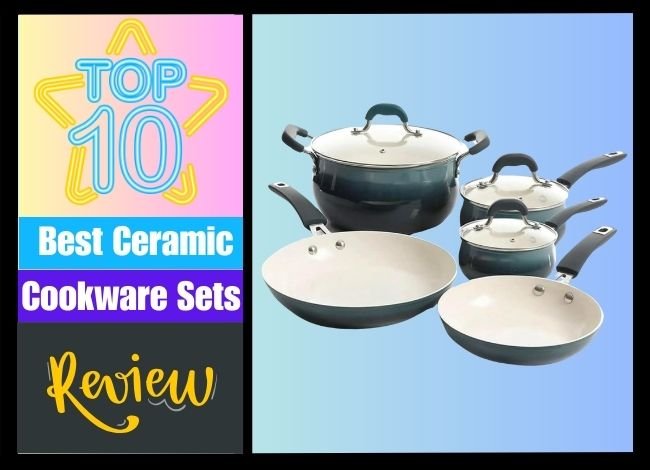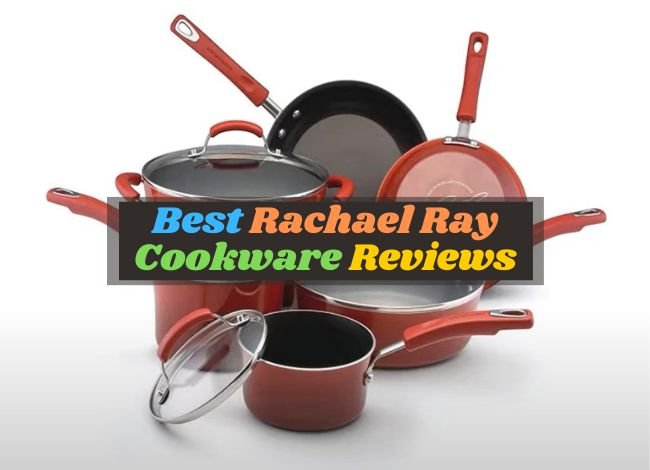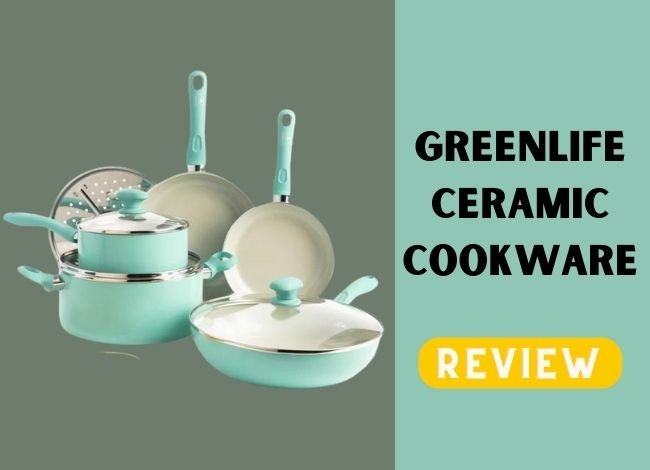Last Updated on February 13, 2024
Overview of Bar Keepers Friend Cookware
Bar Keepers Friend Cookware is a renowned cleaning solution specifically designed for cookware maintenance. Esteemed for its versatility, it effectively tackles stains, rust, and tarnish on stainless steel, ceramic, and glass surfaces. Its non-abrasive formula ensures thorough cleaning without damaging cookware, making it a favorite among culinary enthusiasts.
Bar Keepers Friend’s unique composition, containing oxalic acid, sets it apart from regular cleaning agents. This specialized cleaner not only restores cookware to its original luster but also prolongs its lifespan, ensuring that kitchen investments remain pristine and functional for longer.
Overview of Regular Cookware
Regular cookware encompasses a wide range of materials like stainless steel, non-stick, cast iron, and ceramic. Each type requires specific care and maintenance. Regular cleaning methods typically involve dish soap and water, with occasional deep cleaning. However, these standard cleaning solutions may struggle with tough stains and tarnish. Regular cookware can lose its efficiency and aesthetic appeal over time when not maintained properly.
The choice of cleaning agents is crucial in preserving the quality and longevity of these kitchen essentials, making the selection between standard cleaners and specialized products like Bar Keepers Friend an important consideration.
Comparison Table: Bar Keepers Friend vs. Regular Cookware
| Feature | Bar Keepers Friend | Regular Cookware Cleaner |
|---|---|---|
| Main Ingredients | Oxalic acid, mineral abrasives | Varies (often includes detergents, abrasives, and sometimes acids) |
| Cleaning Efficiency | Highly effective on rust, tarnish, mineral deposits | Effective for general grime and food residue |
| Surface Compatibility | Ideal for stainless steel, copper, brass, ceramic, porcelain, and other hard surfaces | Generally safe for most surfaces but may vary |
| Abrasive Level | Mildly abrasive | Varies (some are non-abrasive, others may be more abrasive) |
| Environmental Impact | Minimal, biodegradable ingredients | Varies, some may contain more chemicals |
| Use for Tough Stains | Excellent at removing tough stains and rust | Varies, generally less effective on tough stains |
| Application Method | Powder form that needs to be made into a paste | Usually comes in liquid or cream form |
| Cost | Slightly higher than regular cleaners | Typically lower cost |
Key Difference: Bar keepers friend and Regular Cookware
Chemical Composition
Bar Keepers Friend is distinguished by its unique chemical composition, primarily oxalic acid. This active ingredient effectively removes rust, tarnish, and hard water stains. It’s especially good for cleaning stainless steel, ceramic, porcelain, and copper surfaces. On the other hand, regular cookware cleaners often contain a mix of mild abrasives, surfactants, and sometimes chlorine bleach. These ingredients are generally effective for everyday cleaning and removing food residues but may not be as effective against tougher stains like rust or tarnish.
Abrasive Quality
The abrasive quality of Bar Keepers Friend is relatively mild yet highly effective. It’s designed to clean without scratching, making it safe for a variety of surfaces including glass cooktops and stainless steel. In contrast, some regular cookware cleaners can be more abrasive, which makes them practical for scrubbing off hardened food residues but potentially risky for delicate surfaces as they might cause scratches.
Versatility
Bar Keepers Friend boasts a high level of versatility. It’s useful for cookware and other household cleaning tasks like polishing metal fixtures, cleaning tiles, and even removing stains from countertops. While effective for their intended purpose, regular cookware cleaners usually don’t offer the same breadth of application. They are primarily formulated for cleaning pots, pans, and sometimes oven interiors.
Environmental and Health Considerations
Due to its oxalic acid content, Bar Keepers Friend requires careful handling. It should be used in a well-ventilated area and with gloves to avoid skin irritation. Regular cookware cleaners are generally formulated to be less harsh, often making them more suitable for frequent use. However, the environmental impact and health considerations vary widely among regular cleaners, with some being eco-friendly and others potentially containing more harmful chemicals.
Efficacy in Removing Tough Stains
When it comes to tackling tough stains and buildup, Bar Keepers Friend is often more effective than regular cookware cleaners. It excels at removing hard-to-clean deposits like lime and rust, which can be challenging for standard cleaners. However, regular cookware cleaners are usually sufficient and easier to use for regular, everyday cleaning tasks, such as washing off food residues and grease.
Who is the Winner?
Comparing Bar Keepers Friend and regular cookware maintenance methods reveals a clear winner regarding efficiency and effectiveness. Bar Keepers Friend outshines regular methods, especially for challenging stains and rust. Its specialized formula offers deep cleaning without harming the cookware’s surface.
While regular methods are suitable for everyday cleaning, they fall short in maintaining the cookware’s pristine condition over time. For those seeking to preserve their cookware’s longevity and appearance, Bar Keepers Friend emerges as the superior choice.
Conclusion
In conclusion, choosing between Bar Keepers Friend and regular cookware cleaners depends on your specific needs. If you’re dealing with tough stains and want a powerful solution that can restore your cookware’s shine, Bar Keepers Friend is a great choice. However, regular cookware cleaners may be more suitable if you want a milder option for routine cleaning and want to avoid potential abrasion on delicate surfaces. Ultimately, both options have their merits, so consider your cookware type and cleaning requirements before deciding.
FAQs
Q: What is Bar Keepers Friend?
A: Bar Keepers Friend is a cleaning product formulated with oxalic acid, designed to clean, polish, and protect various surfaces, especially in the kitchen.
Q: Can I use Bar Keepers Friend on all types of cookware?
A: Bar Keepers Friend is safe for stainless steel, ceramic, porcelain, and glass cookware. It should not be used on non-stick, aluminum, or copper surfaces.
Q: How does Bar Keepers Friend differ from regular cookware cleaners?
A: Unlike many regular cleaners, Bar Keepers Friend is a mild abrasive that effectively removes tough stains and rust without damaging the cookware’s surface.
Q: Are Barkeepers Friend environmentally friendly?
A: Bar Keepers Friend is considered more eco-friendly than some harsh chemical cleaners, but it’s important to use it responsibly and follow local disposal guidelines.
Q: Will The barkeeper’s friend scratch my cookware?
A: When used as directed, Bar Keepers Friend should not scratch stainless steel or ceramic cookware. However, it’s always good to test on a small area first.
Q: How do I use Bar Keepers Friend on cookware?
A: Apply a small amount of the powder or liquid to the cookware, gently scrub with a non-abrasive sponge, and rinse thoroughly.
Q: Can Bar Keepers Friend remove burnt food from cookware?
A: Yes, it effectively removes burnt food residues, but for best results, let the cookware soak in warm water before scrubbing.
Q: Is Bar Keepers Friend safe for cleaning non-stick pans?
A: Bar Keepers Friend is not recommended for use on non-stick coatings, as it can damage the surface.
Q: Can Bar Keepers Friend remove discoloration from stainless steel cookware?
A: Yes, it is highly effective in removing discoloration and restoring the shine to stainless steel cookware.
Q: Is there any risk of chemical residue left on cookware after using Bar Keepers Friend?
A: No chemical residue should remain as long as you rinse the cookware thoroughly after cleaning.
Q: Can I use Bar Keepers Friend for items other than cookware?
A: Yes, Bar Keepers Friend is versatile and can be used on various surfaces, such as countertops, sinks, and bathroom fixtures, but always check the manufacturer’s guidelines first.



